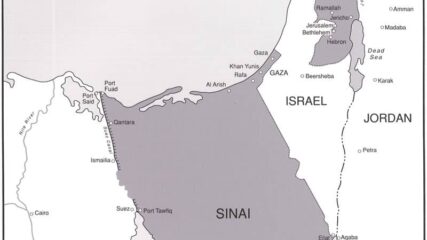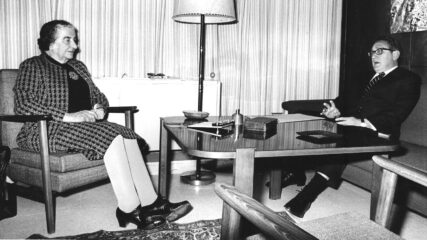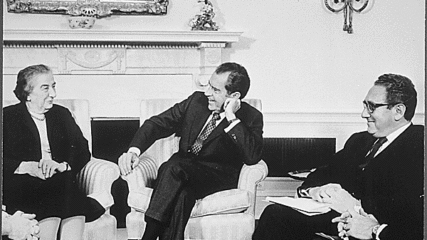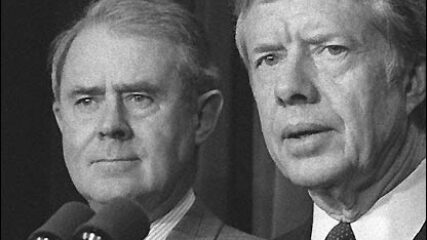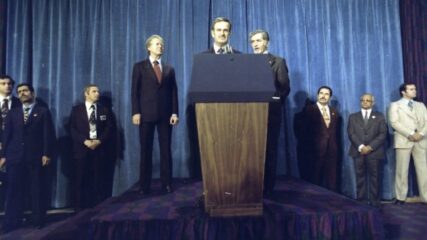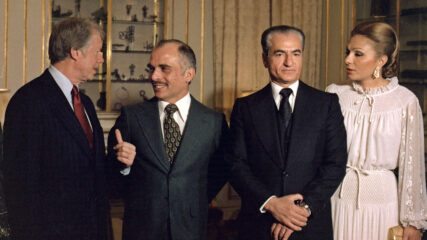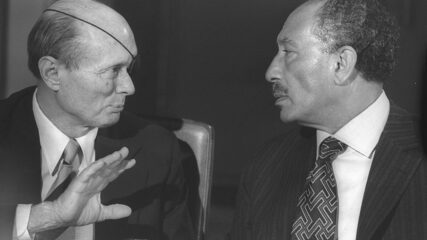This meeting between President Carter and Syrian President Assad was the only one they had during the Carter presidency. Carter wanted to learn what Assad’s requirements were for an agreement with Israel: borders, security, nature of peace and willingness of other Arabs join. Assad doubted that the Saudis would join this process. When the conversation was finished, Assad made it clear that he was not rushing into an agreement with Israel, even if asked by the United States. Carter acknowledged to Assad that he knew little about the Palestinian refugee issue. Carter did tell Assad that the U.S. was committed to the security of Israel. Assad did not say that the Soviet Union’s participation at a conference was necessary; in fact, Assad noted how difficult his relations were with Moscow in the immediate past. Assad did tell Carter that it was Secretary of State Vance who first raised the possibility of Moscow attending such a peace conference. From American diplomatic sources we learn that Assad was pleased to have been squired by Carter. For their part, the Israelis were deeply anxious about Carter’s positive statements about Assad after this meeting.

